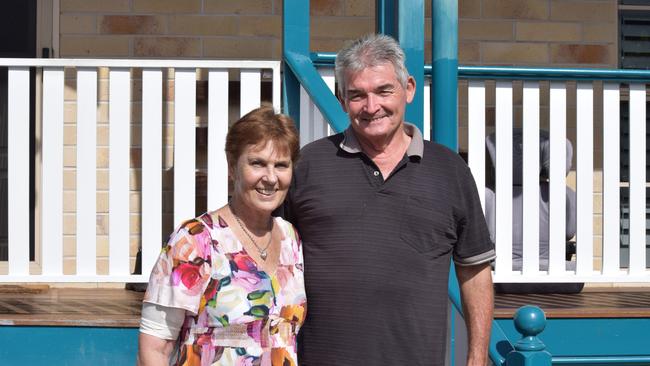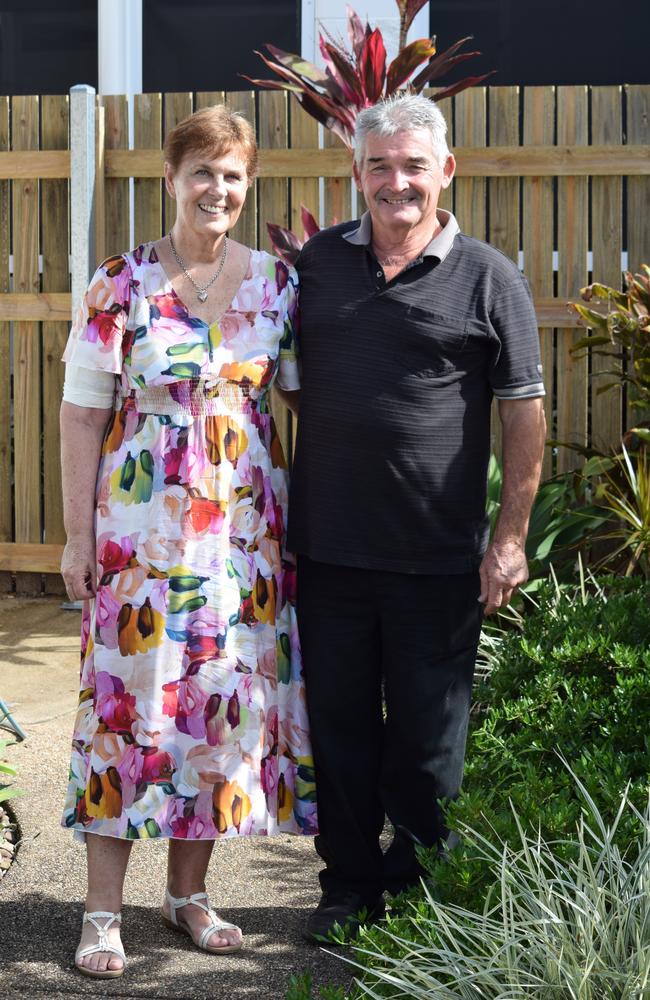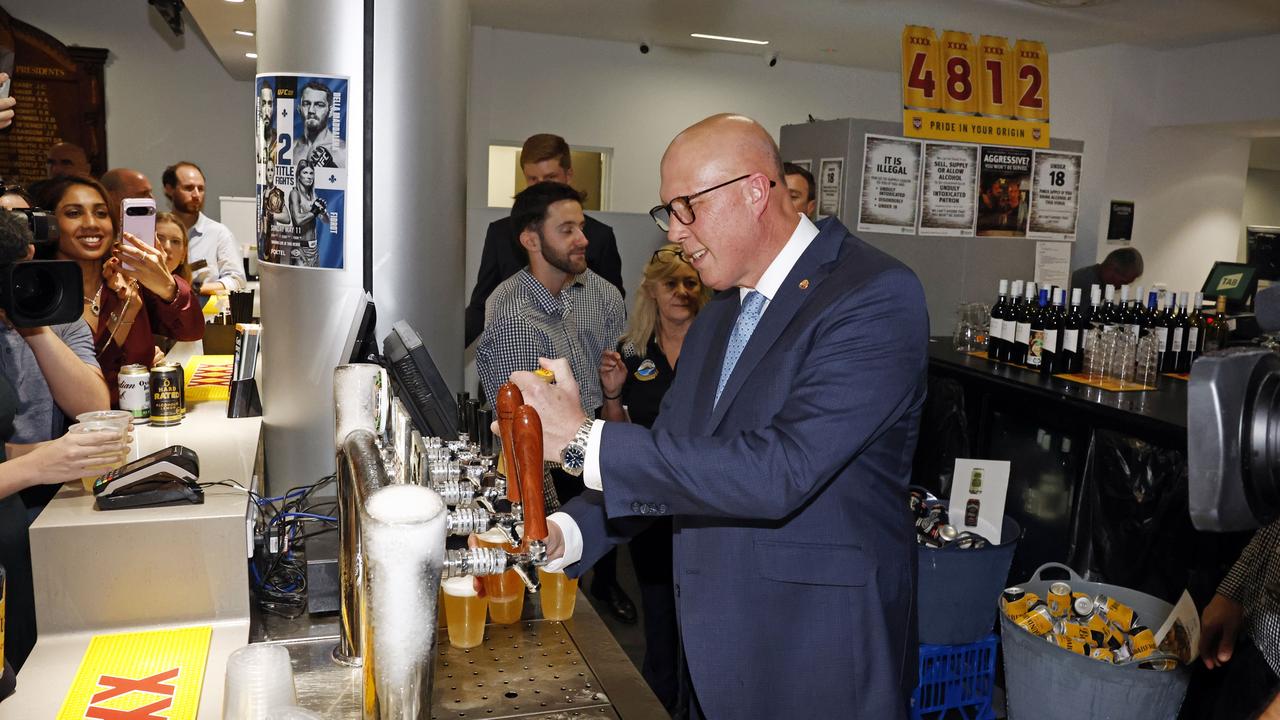Darryl and Lauran Baillie using personal cancer experience to help early detection
For Townsville couple Darryl and Lauran Baillie , a detection machine would have meant Ms Baillie’s rare form of bone marrow cancer would have been more closely monitored. THEIR STORY

News
Don't miss out on the headlines from News. Followed categories will be added to My News.
For Townsville couple Darryl and Lauran Baillie, a detection machine would have meant Ms Baillie’s rare form of bone marrow cancer would have been more closely monitored.
They are leading the push for a mass spectrometer cancer detection machine to be brought to Townsville so others don’t have the same experience as them.
With only one such machine in Australia, the Townsville couple are fundraising money and bringing awareness of the need for the “vital” machine, which could also benefit many other conditions.
Five years ago Ms Baillie was diagnosed with multiple myeloma, a cancer that forms in a type of white blood cells in a person’s bone marrow.
More than 170,000 people are diagnosed with multiple myeloma each year across the world,
with an estimated 2625 new cases reported in in Australia in 2022.
Ms Baillie, however suffers from non-secretory multiple myeloma, a rare form of the cancer where malignant plasma cells in the bone marrow do not produce or secrete immunoglobulins, also known as antibodies.
This makes it more difficult to detect in blood tests.
“Take all the cases of multiple myeloma in Australia, only about two to three per cent are non-secretory, ”Mr Baillie said.
“The only way they monitor the progression of non-secretory multiple myeloma has been through bone marrow biopsies.”
Ms Baillie underwent treatment including bone marrow transplants and found out in October that she had gone from being in remission, which is under five per cent recurrence rate to over 90 per cent.

“Once October hit they put me in the next approved treatment, so I had 8 weeks of that and that didn’t do anything and the myeloma kept eating away at me,” Ms Baillie said.
She is currently undergoing treatment which is going well, but the myeloma still ‘eats away’ at her bones, reducing the bone density.
Despite the constant checks, the couple realised there was a gap in the detection system.
“How can you go from being in remission at five per cent to over 90 per cent without it being detected when you go in there monthly?” Mr Baillie .
The couple began to research and found that there was only one machine in Australia that could have been used to detect Ms Baillie cancer levels, and it was in Melbourne.
“I went right onto the internet, I searched ‘how do you monitor non-secretal multiple myeloma’ and I came across an article about a mass spectrometer,” he said.
“It would be a great thing for the community too, as it helps with a lot of other health complaints and there are a lot of other issues it can sort out that are difficult to diagnose.”
Mr Baillie has been in contact with several companies who make mass spectrometers, and has also been in conversation with leaders at the Townsville University Hospital in regards to bringing one to Townsville.
Ms Baillie shared her story with a group of women she did yoga with and the group have so far raised several thousand dollars to help bring a machine to Townsville.
“One of the ladies asked what the machine was, and I said it was the mass spectrometer. I said we were going to do some fundraising and they came up with the idea of a high tea,” she said.
“Within 20 minutes they had organised it all. Two and a half thousand was raised through just that alone.
“There is quite a bit of interest in the community, but it is the hospital’s decision as to which machine they want.”
The couple said they are hoping to continue talks with the hospital to make their goal of getting the vital detection machine in Townsville a reality.
More Coverage
Originally published as Darryl and Lauran Baillie using personal cancer experience to help early detection





